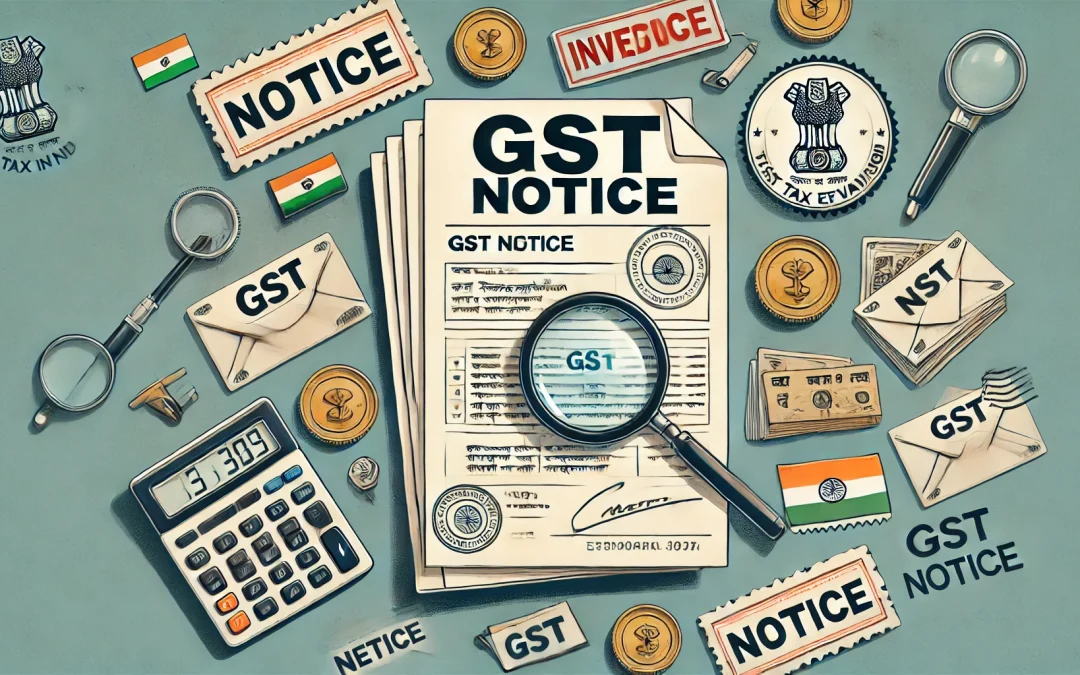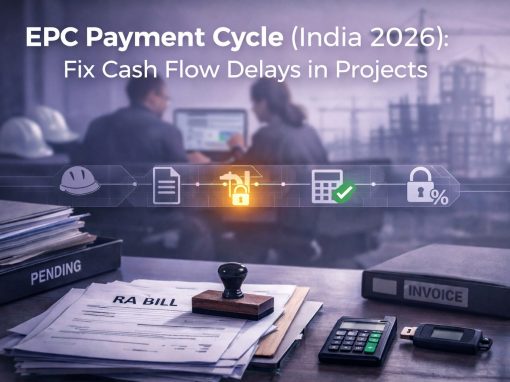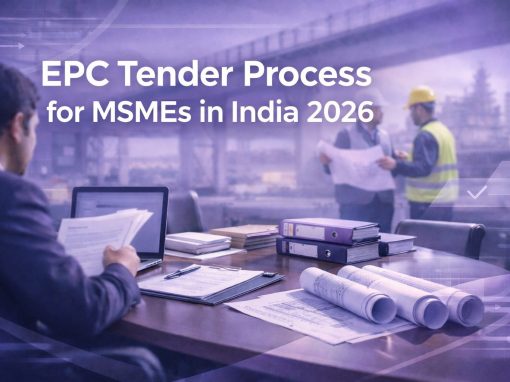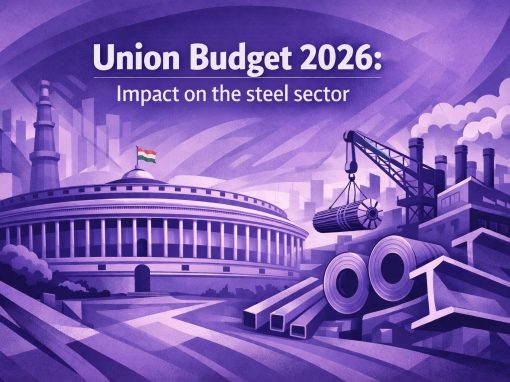Table of contents:
Indian tax authorities have dramatically increased their scrutiny on major corporations, issuing Goods and Services Tax (GST) evasion notices amounting to billions of dollars in 2024 and early 2025. Top multinational and domestic brands across sectors – including automobiles, technology, insurance, FMCG, and online gaming—are facing intense regulatory probes.
This unprecedented wave of notices highlights growing concerns around GST compliance and financial transparency within corporate India.
Let’s analyze sector-wise which companies are being scrutinized, common mistakes leading to GST notices, and recommendations for companies to avoid similar pitfalls.
Sector-wise Analysis of GST Notices (2024-2025)
1. Automobile Industry
Indian tax authorities have primarily targeted auto manufacturers, collectively facing tax disputes exceeding ₹50,000 crore ($6 billion).
| Company | Tax Amount | Reasons for Notice | Company Response | Source |
|---|---|---|---|---|
| Volkswagen India | ₹5,700 crore | Incorrect GST classification, underreporting sales revenue | Contesting the claim | Reuters |
| Kia Motors India | ₹14,800 crore | Allegedly wrong GST rate applications, misclassification | Denied allegations; legal appeal filed | Reuters |
| Maruti Suzuki | ₹1,800 crore | Disputed Input Tax Credit (ITC) claims, mismatch in invoices | Denies wrongdoing; engaged with authorities | Reuters |
| Hyundai Motors | ₹7,800 crore | Misclassification and GST evasion on imported components | Challenging demands; seeking legal recourse | Reuters |
| Honda Motors India | ₹2,660 crore | Incorrect tax filings related to income tax adjustments, customs duty classification errors | Appealed against the demand | Reuters |
| Toyota Motor India | ₹2,240 crore | Alleged revenue under-reporting, improper deductions | Maintains compliance; disputes the claims | Reuters |
2. Information Technology (IT) Sector
| Company | Tax Amount | Reasons for Notice | Company Response | Source |
|---|---|---|---|---|
| Infosys | ₹32,000 crore ($3.9 billion) | Alleged GST evasion on overseas branch office expenses from July 2017 to March 2022 | Contesting the notice; affirmed compliance | The Economic Time |
3. Insurance Sector
| Company | Tax Amount | Reasons for Notice | Company Response | Source |
|---|---|---|---|---|
| Aviva India | ₹43 crore | Fake invoices, undisclosed cash payments, regulatory non-compliance | Denied wrongdoing; cooperating fully | Reuters |
| Life Insurance Corporation (LIC) | ₹57.2 crore | ITC misclaiming & documentation errors (illustrative example) | Reviewing internally; denies intentional evasion | Business Standard |
| ICICI Prudential | ₹273 crore | GST classification issues, procedural lapses | Disputed; awaiting resolution | India Times |
4. Gaming & Online Betting Platforms
| Company | Tax Amount | Reasons for Notice | Company Response | Source |
|---|---|---|---|---|
| Dream11 | ₹25,000 crore (ongoing legal dispute) | GST evasion allegations related to gaming revenue classifications | Contesting actively; case pending | Reuters |
| Gameskraft | ₹21,000 crore (historic GST case) | Allegations of tax evasion due to misclassification of online gaming services | Legal battles ongoing | Reuters |
https://www.thehindubusinessline.com/money-and-banking/jk-bank-gets-16000-cr-gst-demand-notice/article69192346.ece
5. Banking Sector
| Company | Tax Amount | Reasons for Notice | Company Response | Source |
|---|---|---|---|---|
| J&K Bank | ₹16,000 Crore | GST non-payment and penalty of equal amount | Legal action taken; case pending | The Hindu |
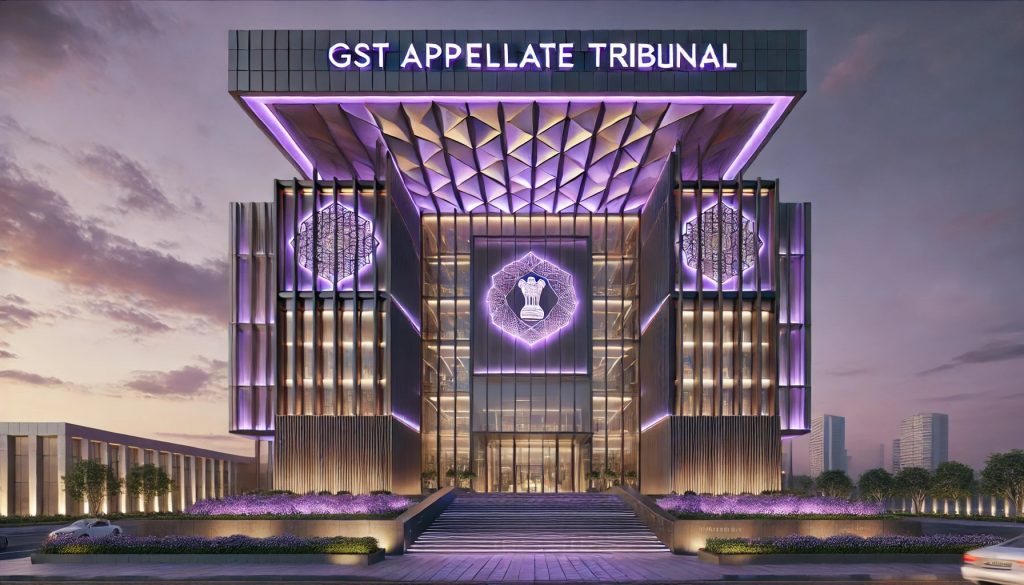
You can talk to GST Appellate Tribunal to appeal against these notices also
What Mistakes Are Companies Making?
Common GST compliance mistakes contributing to frequent notices include:
- Invoice mismatches between suppliers and buyers.
- Incorrect classification of goods/services resulting in incorrect GST rates.
- Fraudulent or inaccurate invoices used for ITC claims.
- Misreporting cross-border branch expenses, neglecting GST liability on overseas expenses.
- Revenue underreporting deliberately or due to errors.
- Delayed or improper filing of GST returns.
- Misinterpretation of complex and evolving GST regulations leading to compliance errors.
Must Read: Fake GST Number: How to identify, verify & avoid any fraud?
Recommended Solutions & GST Compliance Best Practices
Companies should adopt proactive compliance strategies, including:
- Regular GST compliance audits and internal reviews.
- Employee training on latest GST rules and compliance requirements.
- Advanced GST compliance software deployment to automate reconciliation and error-checking.
- Meticulous documentation & transparency on cross-border transactions.
- Professional consultation with GST experts for complex interpretations and classification issues.
Also Read: Section 122 of GST Act: Penalties for Tax Evasion and Willful Offenses
Conclusion
The ongoing GST crackdown underscores the Indian government’s robust stance on financial compliance. Companies across sectors must urgently:
- Review internal tax compliance systems.
- Adopt transparent documentation practices.
- Engage proactively with tax consultants.
- Maintain continuous dialogue with GST authorities for clarity.
By addressing common pitfalls such as classification errors, invoice mismatches, and regulatory misconceptions, businesses can mitigate the risk of future GST notices and financial penalties.
With stricter regulations expected in the coming years, companies that invest in comprehensive GST compliance frameworks today will be better positioned to avoid significant financial and reputational setbacks tomorrow.
Disclaimer: This article is for informational purposes only. The details are based on public reports and news sources. For official information, refer to government notices or legal professionals.
FAQs
What is the biggest tax evasion case in India in 2024-2025?
Why did Aviva India receive a tax evasion notice?
Which sector in India has the highest tax disputes?
How do Indian authorities detect corporate tax evasion?
A product manager with a writer's heart, Anirban leverages his 6 years of experience to empower MSMEs in the business and technology sectors. His time at Tata nexarc honed his skills in crafting informative content tailored to MSME needs. Whether wielding words for business or developing innovative products for both Tata Nexarc and MSMEs, his passion for clear communication and a deep understanding of their challenges shine through.
